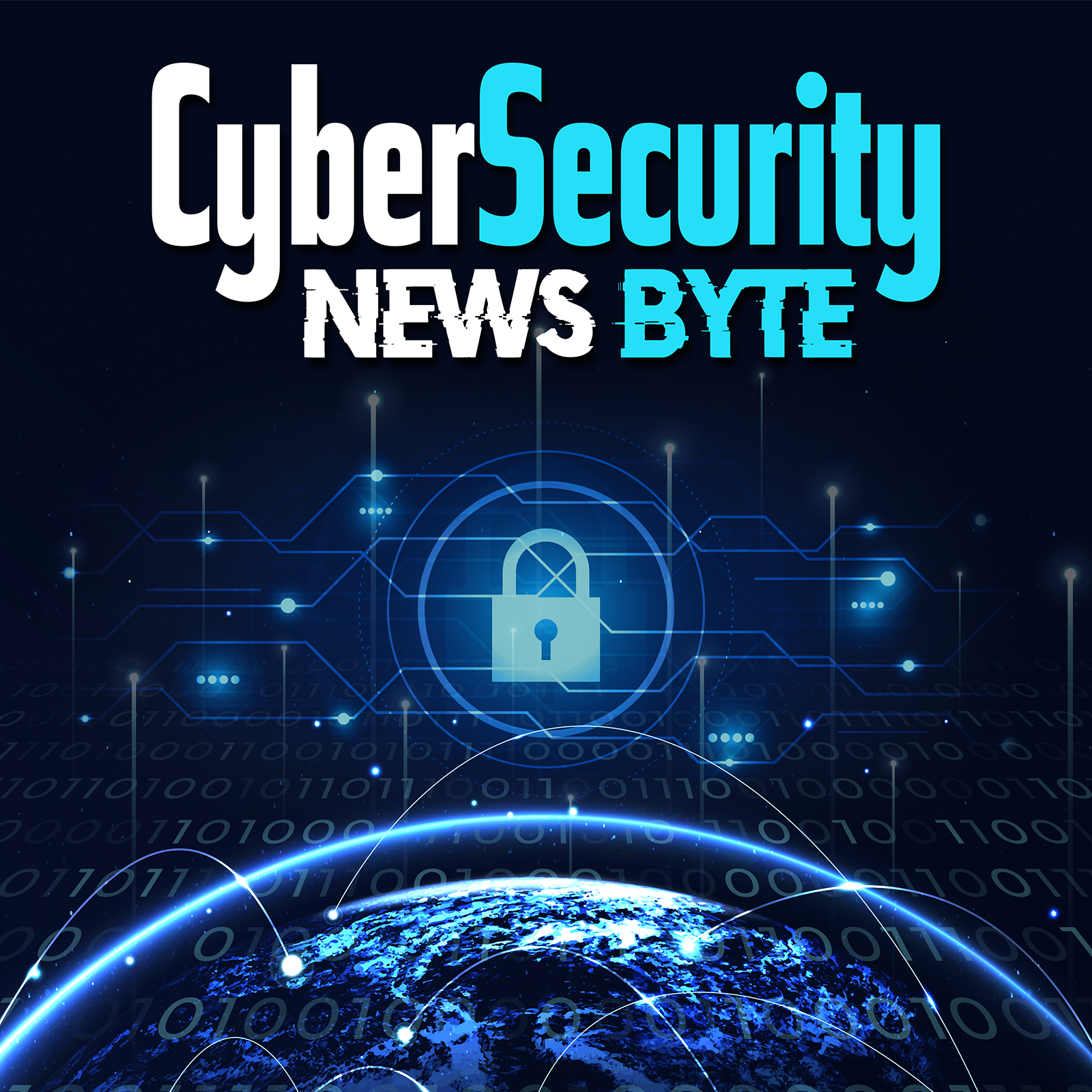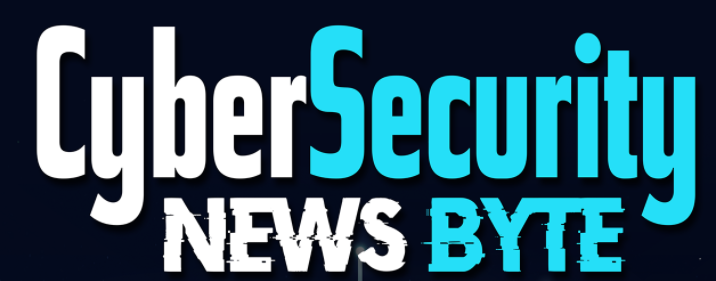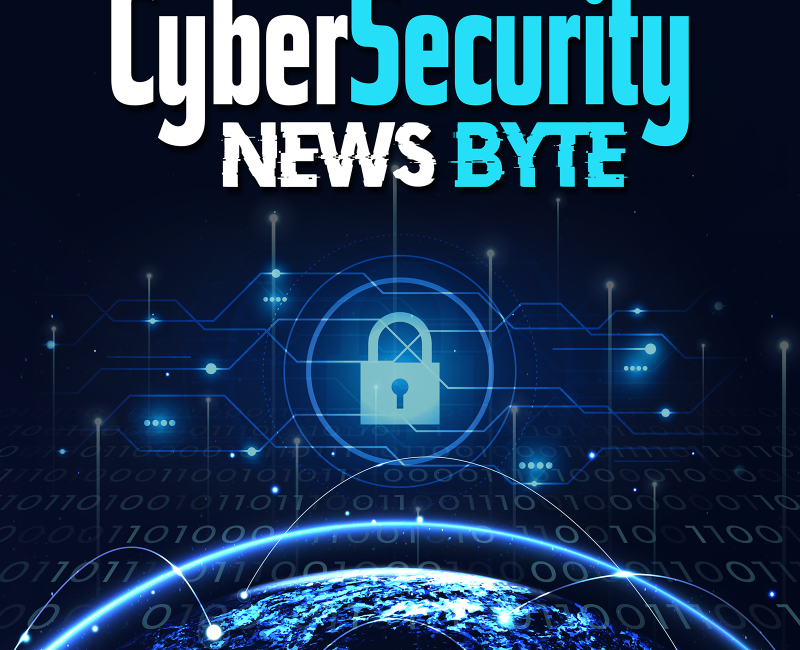
Episode 18: May 16 2022
US college forced to close after cyberattack, Conti Ransomware Attack Spurs State of Emergency in Costa Rica, $7 to rent DCRat to backdoor your network, ‘Nerbian’ Trojan Uses Advanced Anti-Detection Tricks
Bullet points of key topics + chapter markers
[00:36] US college forced to close after cyberattack
[06:39] Conti Ransomware Attack Spurs State of Emergency in Costa Rica
[12:19] 7 to rent DCRat to backdoor your network
[18:55] ‘Nerbian’ Trojan Uses Advanced Anti-Detection Tricks
Links
https://threatpost.com/conti-ransomware-attack-emergency-costa-rica/179560/
https://www.theregister.com/2022/05/09/budgetfriendly_dcrat_malware/
https://threatpost.com/conti-ransomware-attack-emergency-costa-rica/179560/
https://threatpost.com/nerbian-rat-advanced-trick/179600/
NOTES
US college forced to close after cyberattack
- Lincoln College
- a liberal-arts school from rural Illinois
- predominantly Black institution
- is closed on May 13th 2022
- 157 years in operations
- 1 -2 punch on its finances
- COVID-19
- Ransomware Attack
- survived multiple disasters
- including a major fire in 1912
- the Spanish flu
- the Great Depression
- Both World Wars
- 2008 global financial crisis
- December ransomware attack
- Straw that broke the institution
- one of more than 1,000 other schools hit by ransomware last year
- blocked the college from accessing data used in its student recruitment and retention and fundraising efforts
Conti Ransomware Attack Spurs State of Emergency in Costa Rica
- President Rodrigo Chaves
- declared a state of national cybersecurity emergency last week
- following a financially motivated Conti ransomware attack against his administration
- the state of emergency was one of his first decrees as president
- Other agencies impacted
- the Ministry of Labor and Social Security
- the Ministry of Science, Innovation, Technology and Telecommunications
- the National Meteorological Institute
- the entire scope of the damage is not known.
- Attributed to Conti
- demanded a ransom of $10 million
- So, they wouldn’t release stolen information from the Ministry of Finance
- Russian-speaking ransomware group
- most ruthless gangs
- take-no-prisoners approach
- double extortion
- which attackers threaten to expose stolen data or use it for future attacks if victims don’t pay by a deadline
- targeting organizations for which attacks could have life-threatening consequences, such as hospitals, emergency number dispatch carriers, emergency medical services and law-enforcement agencies.
- Costa Rica so far has declined to pay
- Conti updating its data-leak site on Monday with 97 percent of the 672 GB of data that the group claims contains information stolen from Costa Rican government agencies
$7 to rent DCRat to backdoor your network
- How much does a RAT Cost
- Remote Access Trojan
- budget-friendly RAT
- under active development
- selling on underground Russian forums
- $7 for a two-month subscription
- backdoor Windows malware
- DCRat or DarkCrystal RAT
- Originally released in 2018
- redesigned and relaunched 2019
- loan programmer works to improve it daily.
- The administrator tool and the backdoor/client are regularly updated with bug fixes and new features; the same applies to officially released plugins
- modular architecture and plugin framework
- espionage
- data theft
- distributed denial of service attacks
- dynamic code execution
- several different languages
- Three Components
- A client executable written in .NET that can steal data
- A single PHP page that interfaces with the RAT’s backend command-and-control (C2) server
- An administration tool
- DCRat administrator tool
- written in JPHP
- which is rare, because it produces very large, slow executables
- It also has a kill switch, that, if flipped, renders all instances of the administrator tool unusable.
- once the subscription validation checks are completed
- the malware subscriber can use the administrator tool to communicate with the command-and-control server
- configure builds of the client executable
- submit bug reports to the DCRat author.
- written in JPHP
- entire bundle
- along with plugins
- plugin development framework
- other tools
- hosted on crystalfiles[.]ru
- they were located at dcrat[.]ru
- Updates are announced via a Telegram channel
- which has about 3,000 subscribers.
- Pricing
- 500 RUB (about $7 at time of writing) for two-month license
- 2200 RUB ($31) for a year
- 4200 RUB ($60) for a lifetime license
- Both the product’s low price, plus the author’s use of JPHP indicate “a novice malware author who hasn’t yet figured out an appropriate pricing structure
‘Nerbian’ Trojan Uses Advanced Anti-Detection Tricks
- newly discovered remote access trojan (RAT) is spreading
- via malicious email campaigns using COVID-19 lures
- includes numerous features to evade analysis
- The emails claimed to be World Health Organization (WHO)
- important information regarding COVID-19,
- throwback to similar phishing campaigns that circulated in 2020 in the early days of the pandemic.
- important information regarding COVID-19,
- Use email like: who.inter.svc@gmail[.]com and announce@who-international[.]com,
- use as their subject line WHO or World Health Organization.
- include safety measures related to COVID-19 as well as attachments
- that also include “covid19” in their names
- Word documents containing malicious macros.
- that also include “covid19” in their names
- macros are enabled
- the document reveals information relating to COVID-19 safety, specifically about self-isolation and caring for individuals with COVID-19.
- Macros-enablement also spurs the document to execute an embedded macro that drops a file that performs a PowerShell process to drop the Nerbian RAT dropper in a 64-bit executable file called UpdateUAV.exe written in Go
- via malicious email campaigns using COVID-19 lures
- Dubbed Nerbian RAT
- Written in the OS-agnostic Go programming language
- utilizes significant anti-analysis and anti-reversing capabilities
- Name is based on a named function in the malware code
- Appears to be derived from “Nerbia,”
- a fictional place from the novel Don Quixote
- first observed the RAT
- being distributed in a low-volume email campaign beginning on April 26
- messages sent to multiple industries
- mainly located in Italy, Spain and the United Kingdom
- messages sent to multiple industries
- being distributed in a low-volume email campaign beginning on April 26
- Go
- becoming an increasingly popular language used by threat actors
- likely due to its lower barrier to entry and ease of use
- Nerbian Complexity
- leverages multiple anti-analysis components spread across several stages
- including multiple open-source libraries
- the malware shows sophistication
- working in three distinct phases
- starts with the malicious document spread via phishing
- then moves on to the UpdateUAV.exe dropper
- The dropper performs various environment scans
- anti-reversing
- anti-VM checks
- then executing the Nerbian RAT.
- the RAT itself is executed via an encrypted configuration file
- uses extreme caution to ensure data to command-and-control (C&C) is encrypted
- senda it over Secure Sockets Layer (SSL)
- to evade inspection by network-scanning tools
- senda it over Secure Sockets Layer (SSL)
- uses extreme caution to ensure data to command-and-control (C&C) is encrypted
- The dropper performs various environment scans
- other RAT things
- keylogging
- stores keystrokes in encrypted file
- screen capture
- works across all OS platforms.
- keylogging
- leverages multiple anti-analysis components spread across several stages
- Extreme Vetting
- dropper performs an extensive vetting of the compromised host
- will stop execution if it encounters any conditions it doesn’t like
- the size of the hard disk on the system is less than a certain size
- i.e., 100GB
- the name of the hard disk, according to WMI
- contains “virtual,” “vbox” or “vmware;”
- MAC address queried returns certain OUI values
- several reverse engineering/debugging/ memory analysis/memory tampering programsare encountered in the process list
- DumpIt.exe
- RAMMap.exe or RAMMap64.exe
- vmmap.exe
- the size of the hard disk on the system is less than a certain size
if the amount of time elapsed execution specific functions is deemed “excessive”—which would suggest debugging–by a time measurement function present in the dropper.


